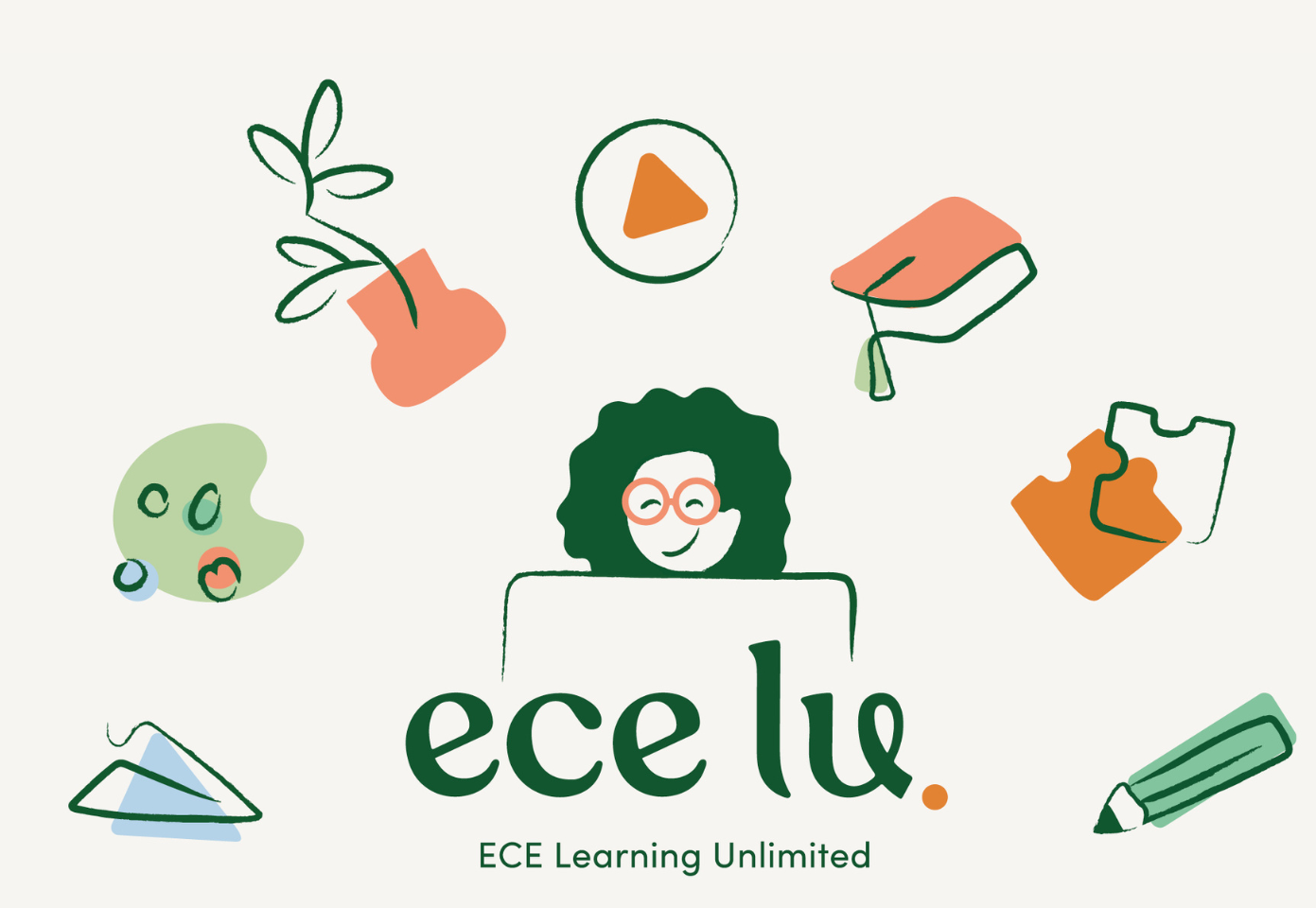Whether you’re ready to exit the industry after years of nurturing Tamariki, or you’re an aspiring operator looking to purchase your first centre, the path to a great outcome is remarkably similar: clarity, preparation, and then fast decision-making.
Drawing on decades of combined sector experience, we’ve distilled our top ten insights—five for sellers and five for buyers—to help both sides of the table succeed.
Five Must‑Know Tips When You’re Selling
Start with Why - Then Map a Realistic Timeline
Understand what the real motive and reasoning is behind the sale (retirement, relocation, releasing capital) and work backwards. A typical full process, from initial conversation through settlement - takes anywhere from 3‑6 months.
Show Buyers Bullet‑Proof Numbers
Premium prices generally rely on presenting trustworthy profits to the buyers. Get your FY accounts completed and signed off by your accountants, with all the adjustments and add-backs completed, to present the full picture.
Fix Compliance Gaps Before You List
Work to remove any red flags in your business - overdue ERO reviews, missing documentation , outdated center policies. A pre‑sale compliance audit pays for itself many times over.
Sort Out Your Lease
You need to review your lease document and see whether it’s fit for purpose for a new buyer. You need to have 20 years minimum remaining on the full term of the lease (including renewals), plus you need to ensure market rent reviews are not going to fall within the first year or 2 of the new buyer taking over.
Utilise professional brokers, and Maintain Momentum
Use an industry broker who screens buyers properly, creates urgency & competition among buyers, and keeps the process moving towards a conditional offer, so you end up with the best possible deal.
Five Tips When You’re Buying
Know Your Why & Funding Capabilities First
Take the time to think about what your long-terms goals are – and subsequently what size, licence mix, and location business will match your strategy. Talk to a mortgage broker as early as possible, to understand your borrowing capacity, so you can move fast when the right center appears.
Have A Trusted Due Diligence Team
Use trusted professionals with childcare expertise (accountants, mortgage brokers, lawyers) in your DD process, once you have a business under offer – to analyse occupancy trends, staffing ratios, ERO history, and lease terms.
Understand the Valuation Indicators
In NZ, quality centers trade for 3.0-4.0 × EBITDA (Earnings Before Interest, Tax, Depreciation and Amortization). Capacity utilisation, profit margins >10%, and strong ERO & funding ratings push multiples to the upper band.
Structure an Offer That Works for Everyone
Choose between an asset sale (cleaner for GST) or share sale (may preserve licences and contracts). Build in fair yet firm conditions precedent—finance, MOE approval, satisfactory DD.
Plan the Transition Day‑One
Agree on a short handover period, schedule staff meetings, and parent communications with plenty of warning. Early clarity keeps enrolments steady and reassures teachers their careers are secure, but just as importantly it signals to parents that there will be a seamless transition between ownership.
Want To Learn More?
Share your thoughts...







